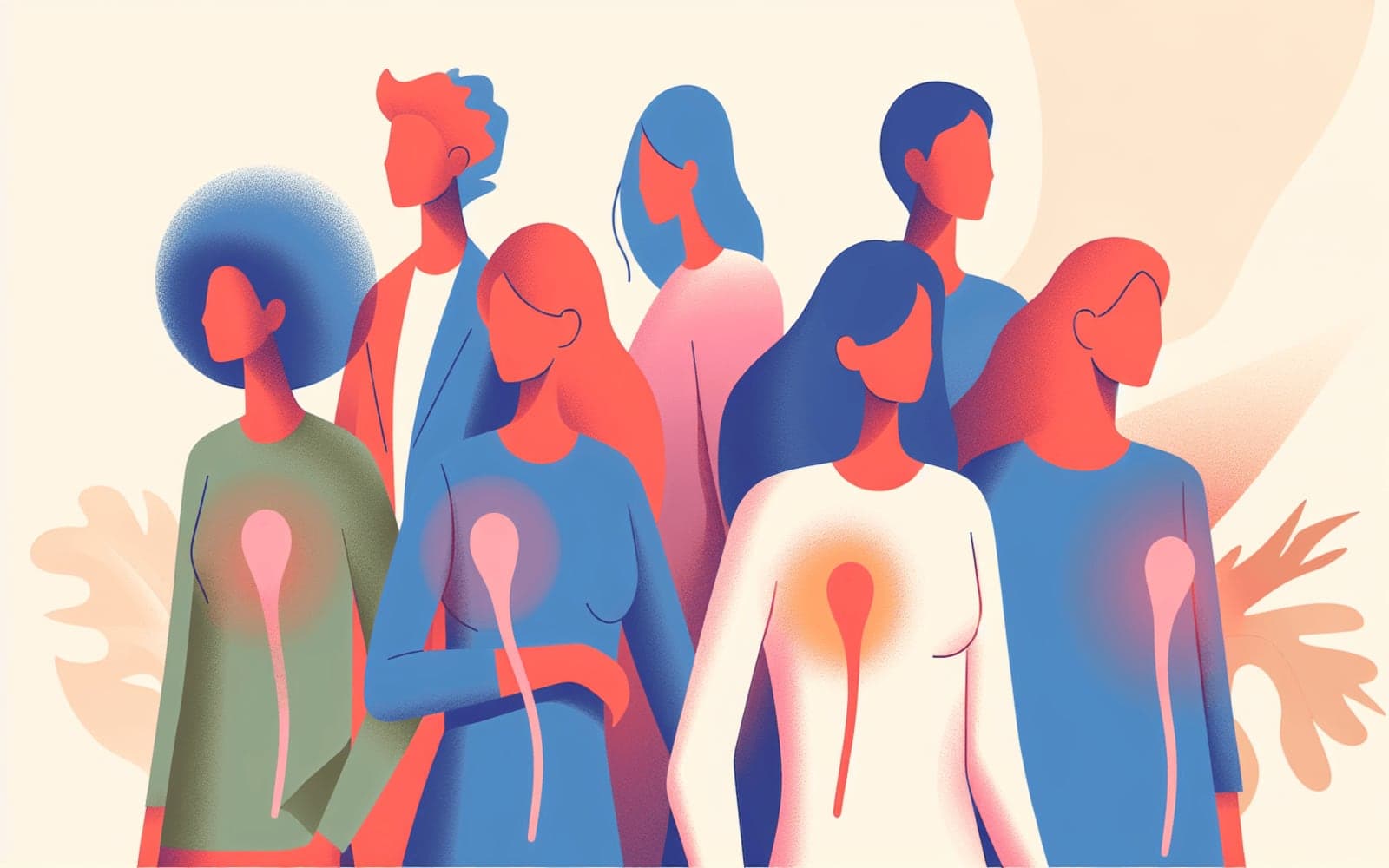Hot Flashes: More Than Just a Menopausal Nuisance?
Published: Jan 24, 2024
Hot flashes affect up to 85% of menopausal women, often disrupting sleep and quality of life. Understanding this common symptom can help you find effective relief.
Contents
What Exactly Are Hot Flashes?
Hot flashes are sudden feelings of heat, often accompanied by sweating and flushing. They typically last 1-5 minutes and can occur day or night. The exact cause isn't fully understood, but hormonal changes affecting the body's temperature regulation are believed to play a role.
Impact on Daily Life
Frequent hot flashes can disrupt sleep, leading to fatigue and mood changes. They may cause embarrassment in social or work situations. Some women experience heart palpitations or anxiety during hot flashes. Severe hot flashes can significantly impact quality of life.

Treatment Options
Hormone therapy is the most effective treatment for hot flashes. Non-hormonal medications like certain antidepressants and gabapentin can also help. Lifestyle changes such as dressing in layers, avoiding triggers (like spicy foods or alcohol), and practicing relaxation techniques may provide relief.
Frequently Asked Questions
They can persist for 7-10 years, but duration varies widely.
Yes, usually related to hormone therapy for prostate cancer.
No, about 15% of women don't experience them.
Some women find relief by avoiding triggers like caffeine or alcohol.
Key Takeaways
While challenging, effective treatments are available to manage hot flashes and improve quality of life.
Don't let hot flashes control your life - talk to Doctronic about finding the right management strategy for you.Related Articles
References
Freeman EW, et al. Duration of menopausal hot flushes and associated risk factors. Obstet Gynecol 2011; 117:1095-1104.
Thurston RC, Joffe H. Vasomotor Symptoms and Menopause: Findings from the Study of Women's Health across the Nation. Obstet Gynecol Clin North Am 2011; 38:489-501.
Always discuss health information with your healthcare provider.

